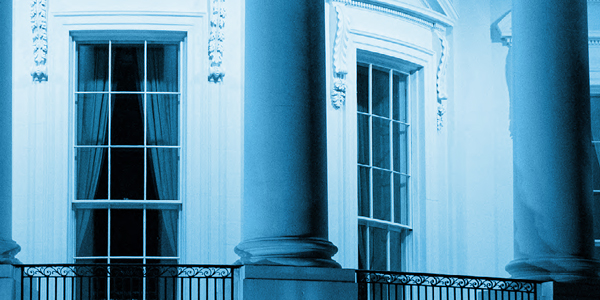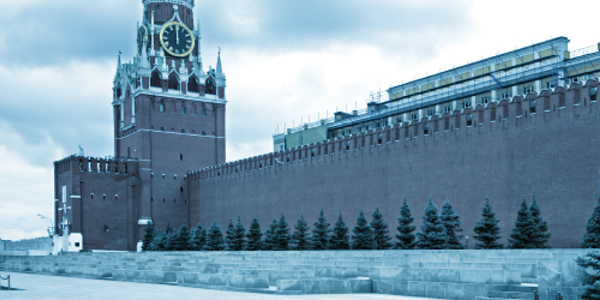
Technology, Politics and Geopolitics
A Brief, in Swedish, about the new Information Technology as a driver for Political and Geopolitical change.
2018-05
From a suicide outside the town hall in a small town in central Tunisia to regime collapse, civil war, migration flows and a nationalism that undermines the EU project. The chain of events is simplified but contains a significant explanatory value: the technology behind social media has revolutionized the dissemination of information and provided individuals and groups with means and options that have resulted in revolutions and turmoil in parts of North Africa and the Middle East. The ensuing migratory flows have jeopardized political cohesion in Europe. Indeed, migration and its consequences will be one of the most important points on the political agenda for decades. Also, Information Technology has taken on a central role in the incipient trade wars between the US on the one hand and China and Europe on the other, adding political and geopolitical character to grievances on trade deficits and surpluses.

Continued Political uncertainty
A Brief, in Swedish, about political and geopolitical insecurity in the age of Brexit, Trump and Kim Jong-un.
2017-11
Emmanuel Macron became president, Brexit developed into a significant concern and opinion polls offered President Trump no comfort. The President’s opinion figures were the lowest measured since polling began 70 years ago. Despite Republican majority in Congress, the president had difficulties getting his bills through Congress. The tax cuts introduced by the President were adopted in the House of Representatives, but were expected to be revised during the process in the Senate. In particular, concern was expressed about its consequences for the government budget deficit. In this report, some information about the Brexit process is provided. President Trump’s attempt to “make America big again” through bilateral as opposed to multilateral trade agreements is scrutinized; and the development of the North Korean nuclear program is discussed.

Political uncertainty
A Brief, in Swedish, about the World Order, Trump’s USA, French elections and BREXIT.
2017-04
There are doubts that the United States intends to maintain its leadership over the liberal economic world system. However, the country intends to maintain its role of superior military power. The most important global bilateral relationship is that between the US and China. Contradictions in the commercial, monetary and geopolitical fields are discussed. North Korea is the most acute geopolitical threat. Growing contradictions can be predicted between the US and Russia. Emmanuel Macron is the likely winner in the French presidential election. Brexit represents an unwelcome challenge for both the UK and the EU as well as Sweden. Political uncertainty is the global leitmotif.

The American presidential Election
A Brief, in Swedish.
2016-10-05
Nobody can, with certainty, say who will win the US presidential election on November 8th. Hillary Clinton leads, but barely. Things may happen at the end of the race. Wikileaks founder Julian Assange seems to be about to release damaging documents about Hillary Clinton that ultimately may tip the balance to Donald Trump’s advantage. Or will Trump’s tax affairs and alleged “scandals” end up puncturing his chances of reaching the White House? Presently, and without serious incidents or accidents, Hillary Clinton seems poised to win the race.

India in the New Great Game
A Brief, in Swedish, about India’s geopolitical position and challenges and its domestic stability.
2016-05-30
India is at the heart of a process that might remind us of the Great Game in the 19th century. Then, the British tried to gain control over Afghanistan, thereby creating a buffer zone to protect the jewel in the crown from Russian efforts to secure its underbelly and reach ice-free waters in the Indian Ocean. Now it is about India’s geopolitical competition with China, its strategic alliance with the U.S., its economic and technological potential and its demographic challenges. Moreover, the new major game concerns trade, energy and national prestige – and it has been extended to include the Indian Ocean sea lanes, which connect the Middle East with the Far East, the South and East China Sea, the Persian Gulf and the Arabian Sea with the Pacific Ocean.

Iran – Power Struggle Pending Decisive Elections
A Brief, in Swedish
2016-01-25
Elections in February to the Iranian parliament and to the so-called Expert Council will be indicative of the chances of opening up Iran to the outside world after years of crippling sanctions, something that is high on the Rouhani government’s agenda. The continued process will be influenced by domestic reactionary forces, regional events and the US administration in power as of January 2017. An important point is the insecurity felt by the world of finance and banking when it comes to US sanctions against Iran. To what extent will they be lifted – or reintroduced? Without a functioning financial system to which Iran has access, investments will be scarce; without investment the economy will not grow; and without growth the hopes of Iran’s population will not be met; and then, support for the reformist government will most likely be undermined. The issue can also trigger renewed discord between Iran, the EU and the US – and between the EU and the United States.

A Challenged World Order
A Brief, in Swedish, about China’s Rise and The South China Sea
2015-09-28
The legitimacy of the Chinese regime is subjected to strains when growth is falling, social contradictions grow, and major accidents associated with corruption occur. Even so, there is no threat to the regime’s stability. China’s rise poses challenges to the US-led economic and political world order. Russia, for military reasons, has been the most prominent challenger, albeit its economy is weak. China, though, is the most significant agent for lasting global change and thus the main challenger to US hegemony, particularly regionally: Thus the South China Sea seems poised to become the scene of the 21st century’s most important military, geopolitical and diplomatic challenge.

Insecure Russia
A Brief, in Swedish, about Russia.
2015-06-22
The burgeoning Russian civil society and the emergence of a middle class, as seen in the years 2000 – 2011, have been suppressed and the Russian repressive state has returned with a vengeance. The economic situation in regional administrations must be improved lest the risk of social protests will be triggered. A major increase in food prices should also be noted. The international tension may rise further in the summer months if Russia deploys large army units near the eastern border of the Ukraine.
During the last quarter of a century, Russia’s geopolitical situation has changed for the worse. Its historic quest for security within natural borders was stemmed and its buffert zones were dissolved when the cold war ended. In the 90’s, its economy was in tatters. Now, it seeks to reemerge as a power to be reckoned with. Its seeming aggressiveness is based on military strength, political will power and national prestige at the backdrop of continued economic weakness, geopolitical insecurity and wounded national feelings.


